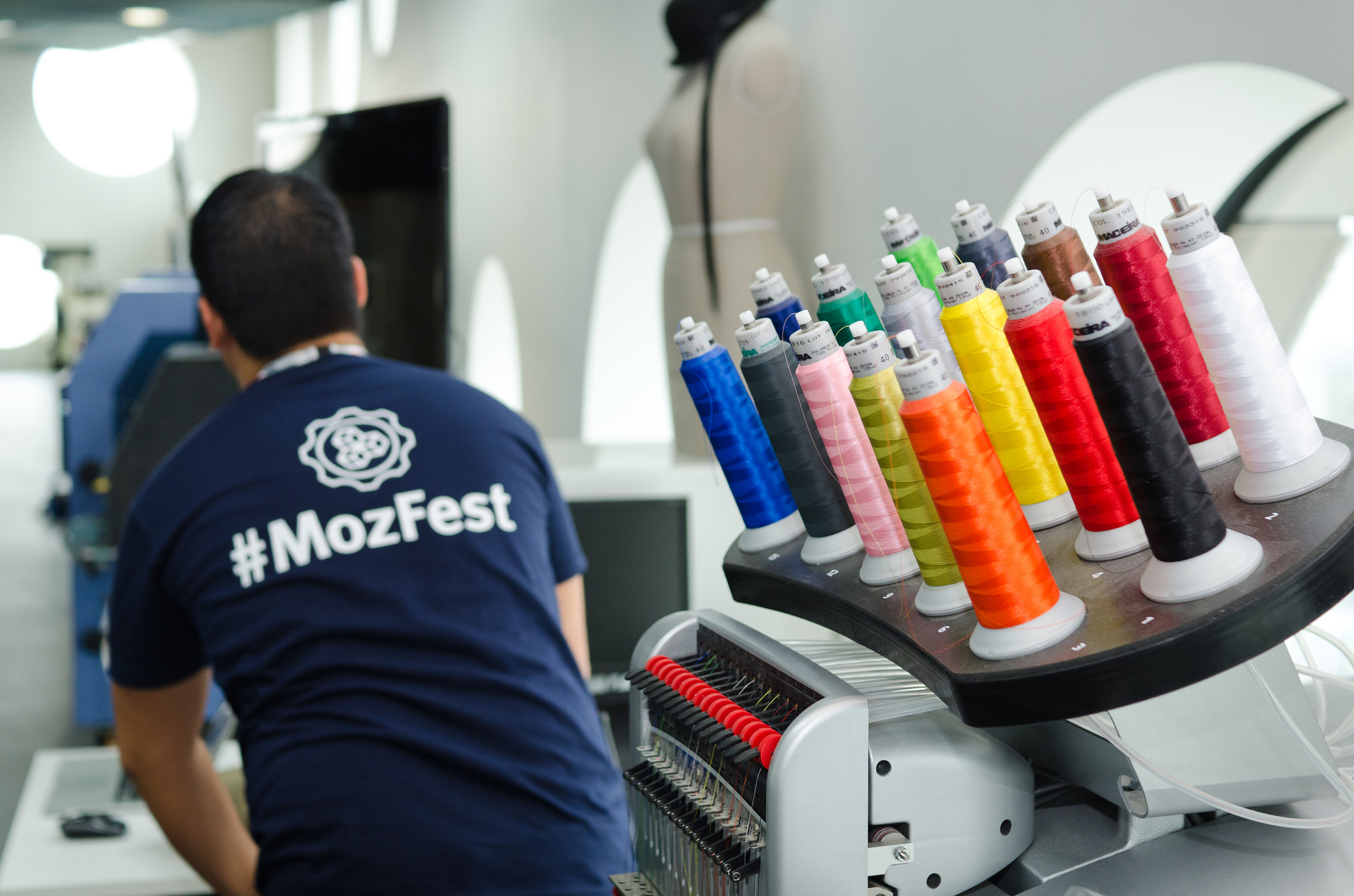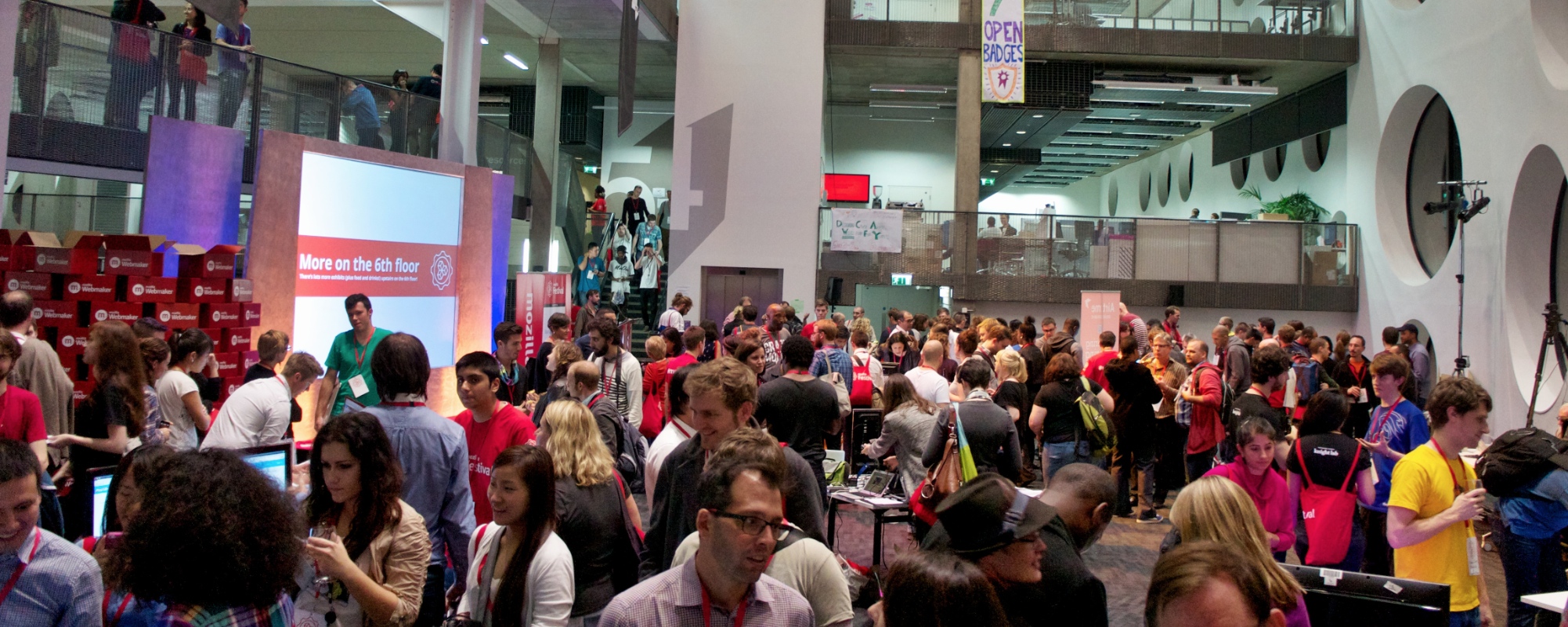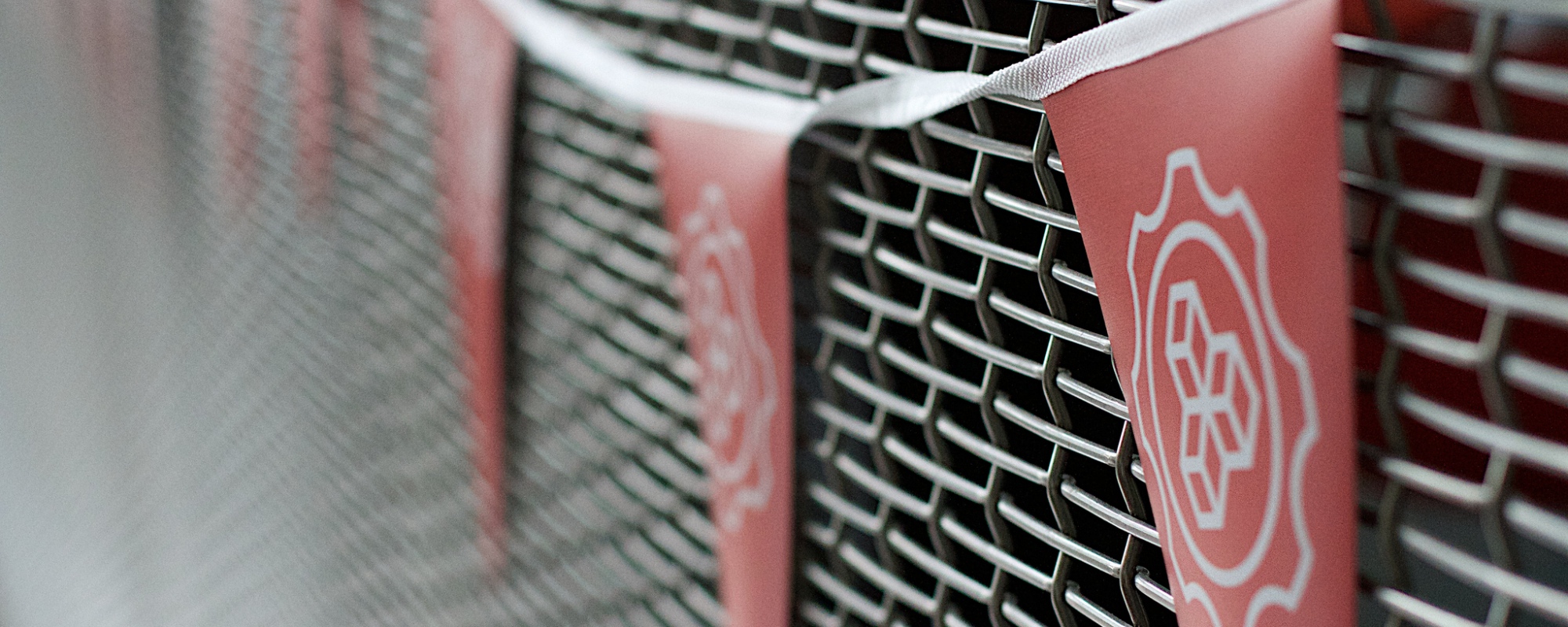Where I’ll be at MozFest 2016
This weekend it’s the Mozilla Festival, an event that brings together everyone interested in the open web. It’s an event I attended as a volunteer before I joined Mozilla, something I was involved with during my time as a paid contributor, and now I’m back as a community member.
My We Are Open co-op comrades and I are running three sessions over the weekend. Unfortunately, Laura can’t make it, but either Bryan, John, and I will be taking the lead on the following. The idea is that they work in their own right, but we’ve also worked with the organisers to ensure they form a kind of ‘arc’ for those who want to attend all three sessions!
The Thinkasprint: the art of thinking sideways
Saturday, 11:15am-12:45pm
Open Badges, Floor 8 – 801
In this session participants will be taken through a modified version of We Are Open Co-op’s ‘thinkathon’ approach, to help people think about knotty problems in an open, inclusive, and participatory way. The process involves as much drawing as it does thinking and writing, and is solution-oriented.
We use the wealth of experience that participants and facilitators have to take apart a problem and look at it from a different angle. We will go off at tangents and down rabbit holes, but that’s all part of the process!
Our starting point will be whatever issues participants bring to the table after our icebreaker activity, but we have a few ideas up our sleeves, such as Open Badges for employability, digital skills, and ‘passion projects’.
Digital Champions: scaffolding adult digital and web literacies with badges
Saturday, 3:15pm-4:00pm
Open Badges, Floor 1 – 101
This session will help attendees understand the concept of ‘flexible frameworks’, using examples from London Connected Learning Centre and Sussex Downs College. This draws on doteveryone’s Basic Digital Skills Framework and Mozilla’s Web Literacy Map. It will be a conversation-led session with visual thoughts captured by Bryan Mathers.
THE BIG BADGE THROW-DOWN
Sunday, 11:00am-11:45am
Open Badges, Floor 8 – 801
Using the starting points of doteveryone’s Basic Digital Skills, Workplace Skills, and Digital Leadership Skills programmes, NCVO’s Skills Lab work, and London CLC’s Digital Champions Curriculum, this workshop will find commonalities, overlaps, and ways forward for badges-based flexible frameworks.
We’ll provide examples of existing programmes, badges and pathways and then work to flesh out, fill gaps and imagine new links and partnerships between established players as well as welcoming new entrants to the digital skills space. This will be a hands-on, practical session.
If you’re coming to MozFest, I hope you’ll join us for at least one session. If not (there’s so much going on!) then please do find us and say hello — I’m @dajbelshaw on Twitter and will also keep an eye out on the @WeAreOpenCoop account.
Photo by Mozilla in Europe



